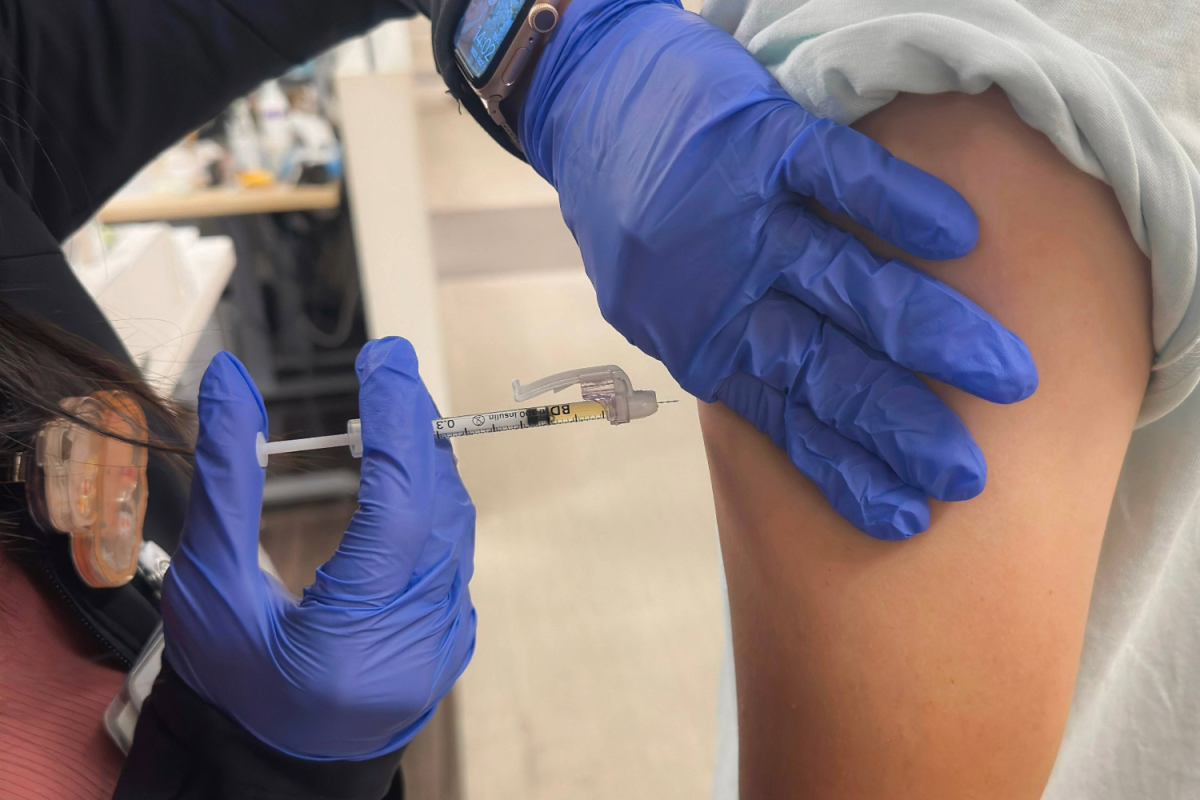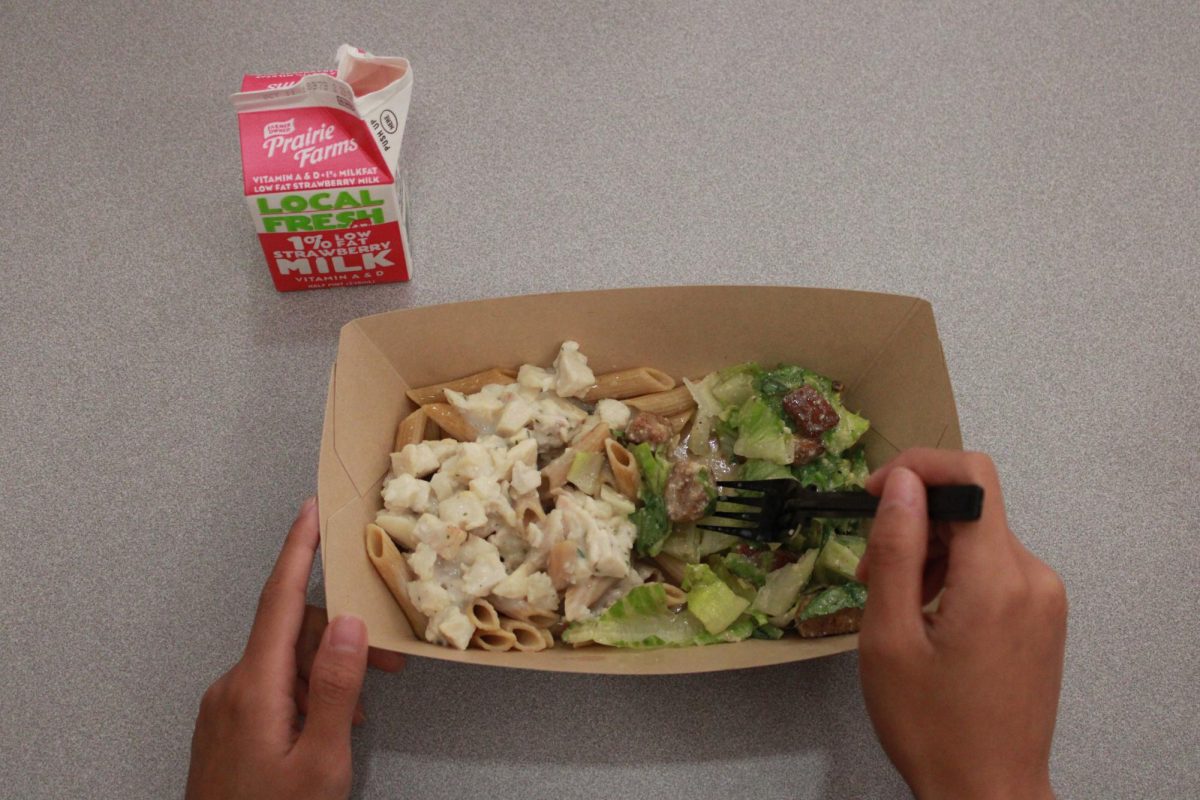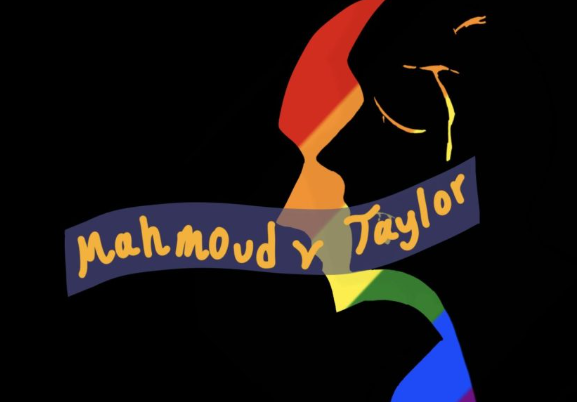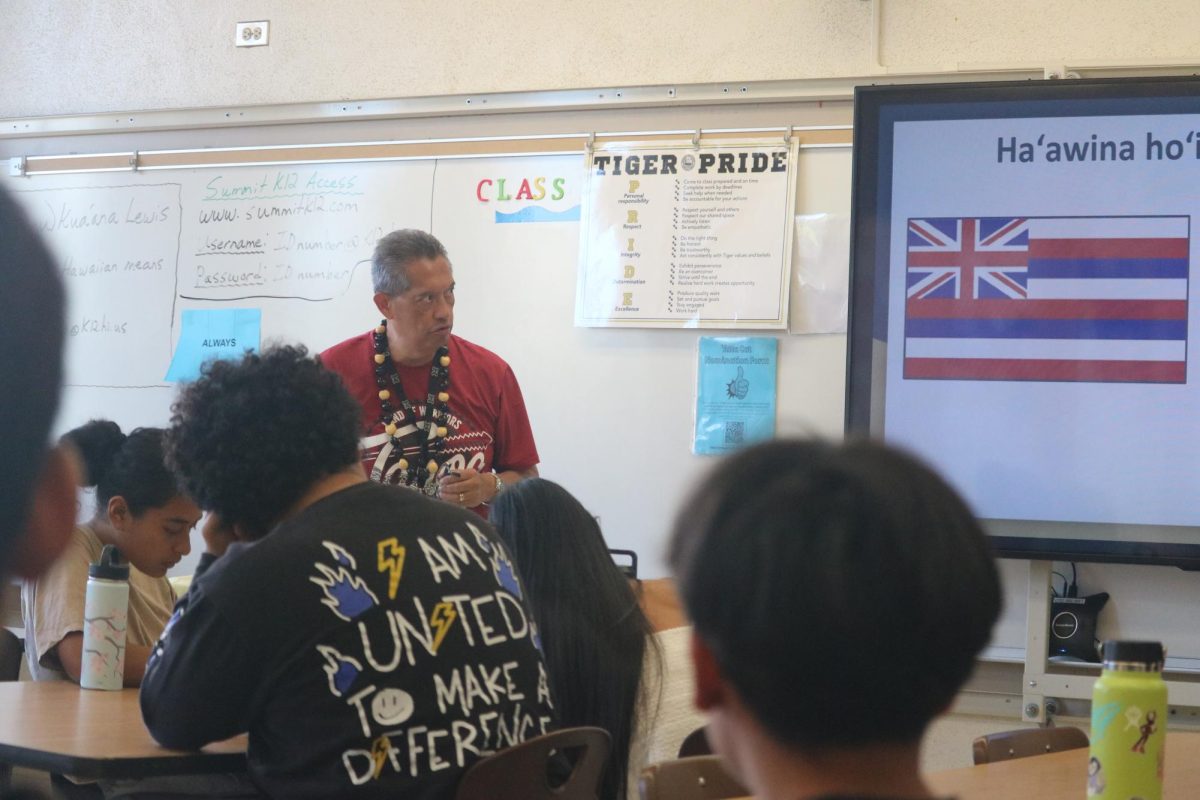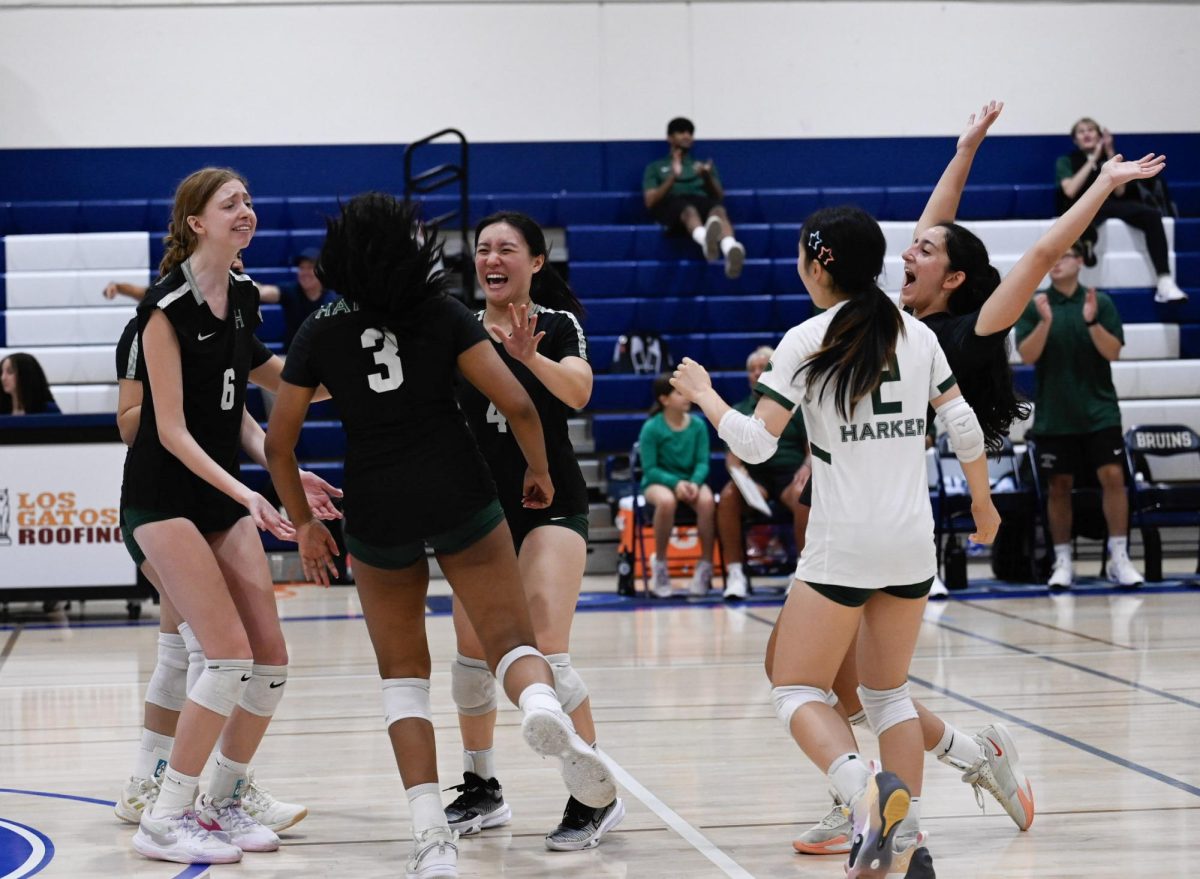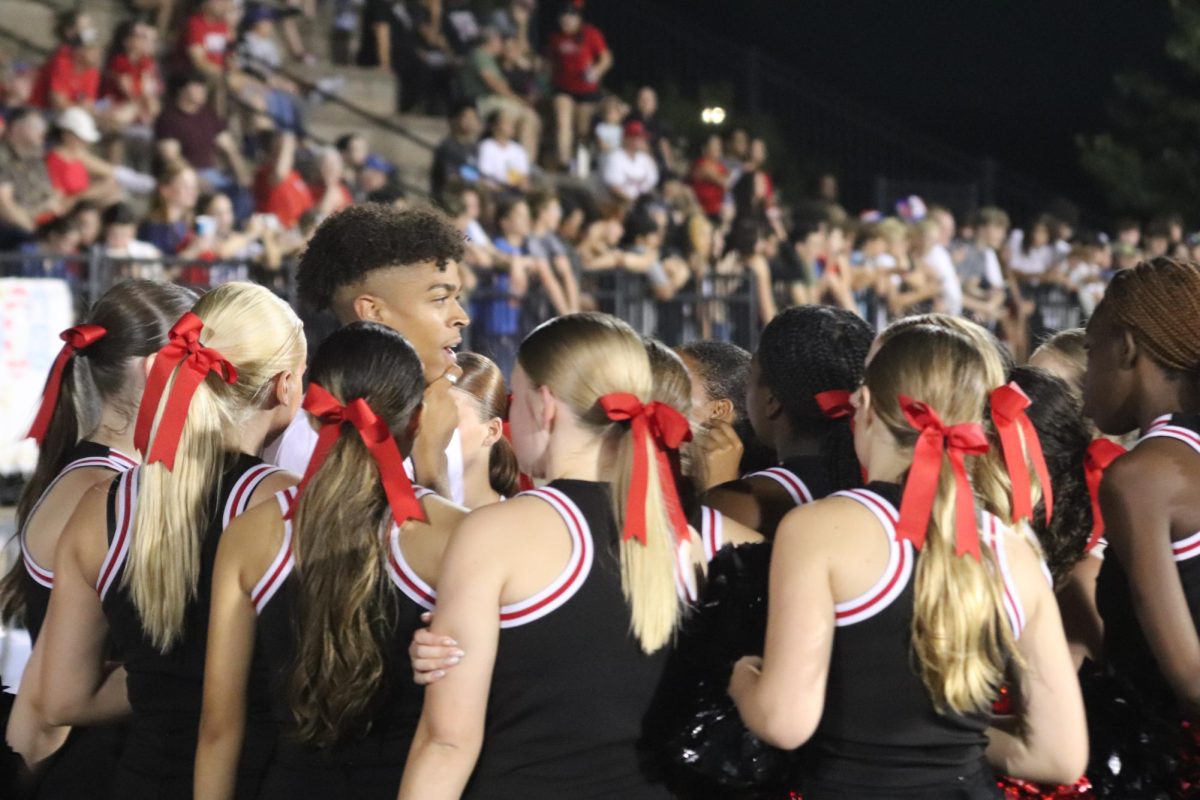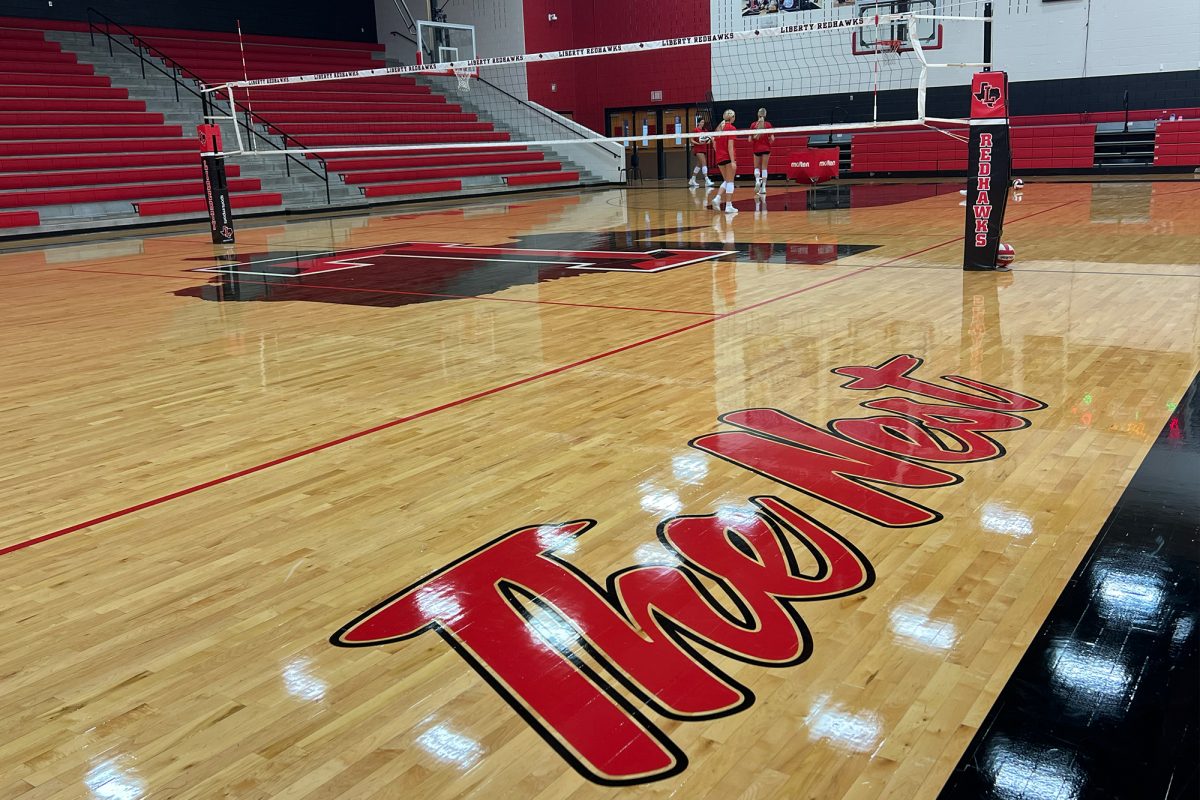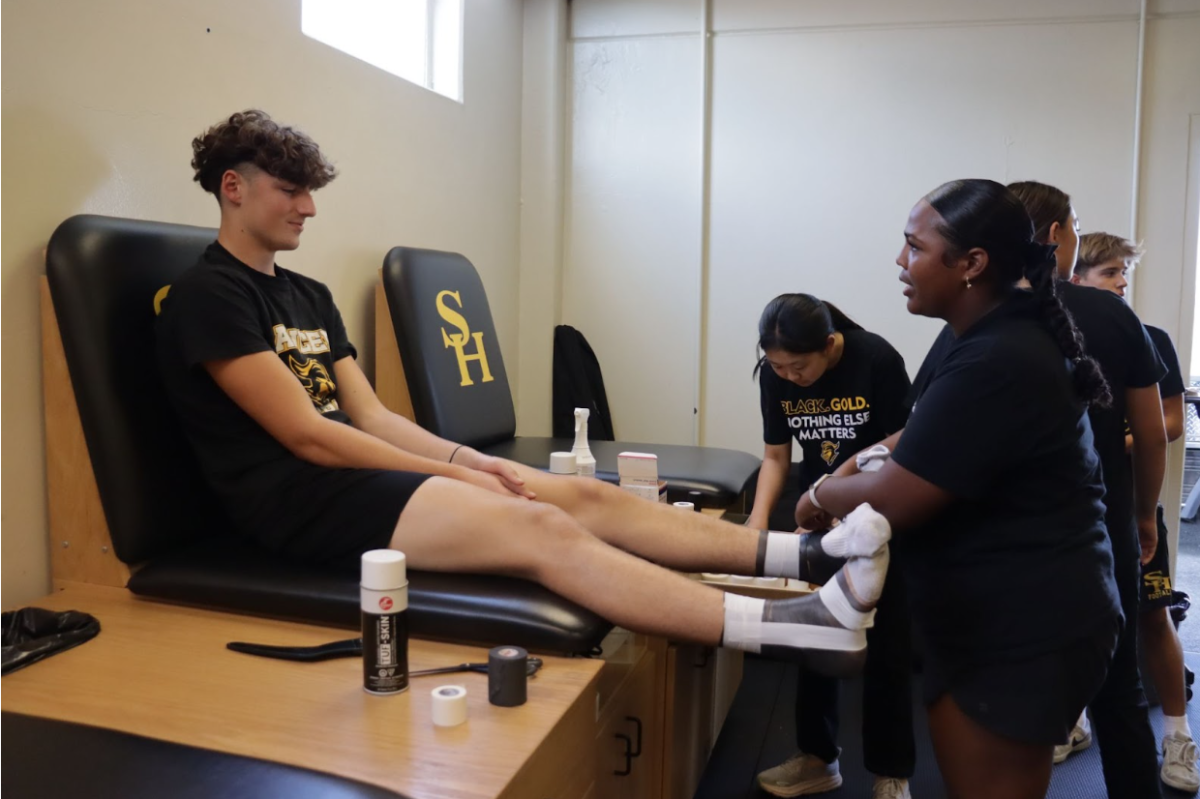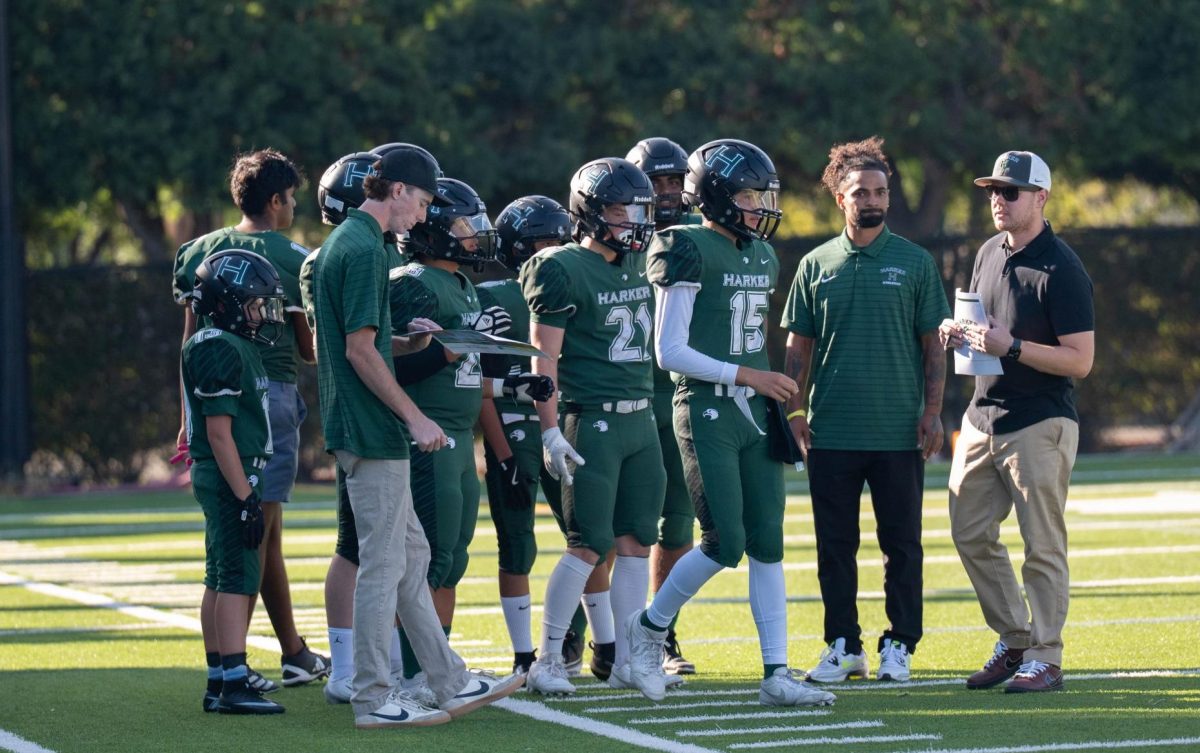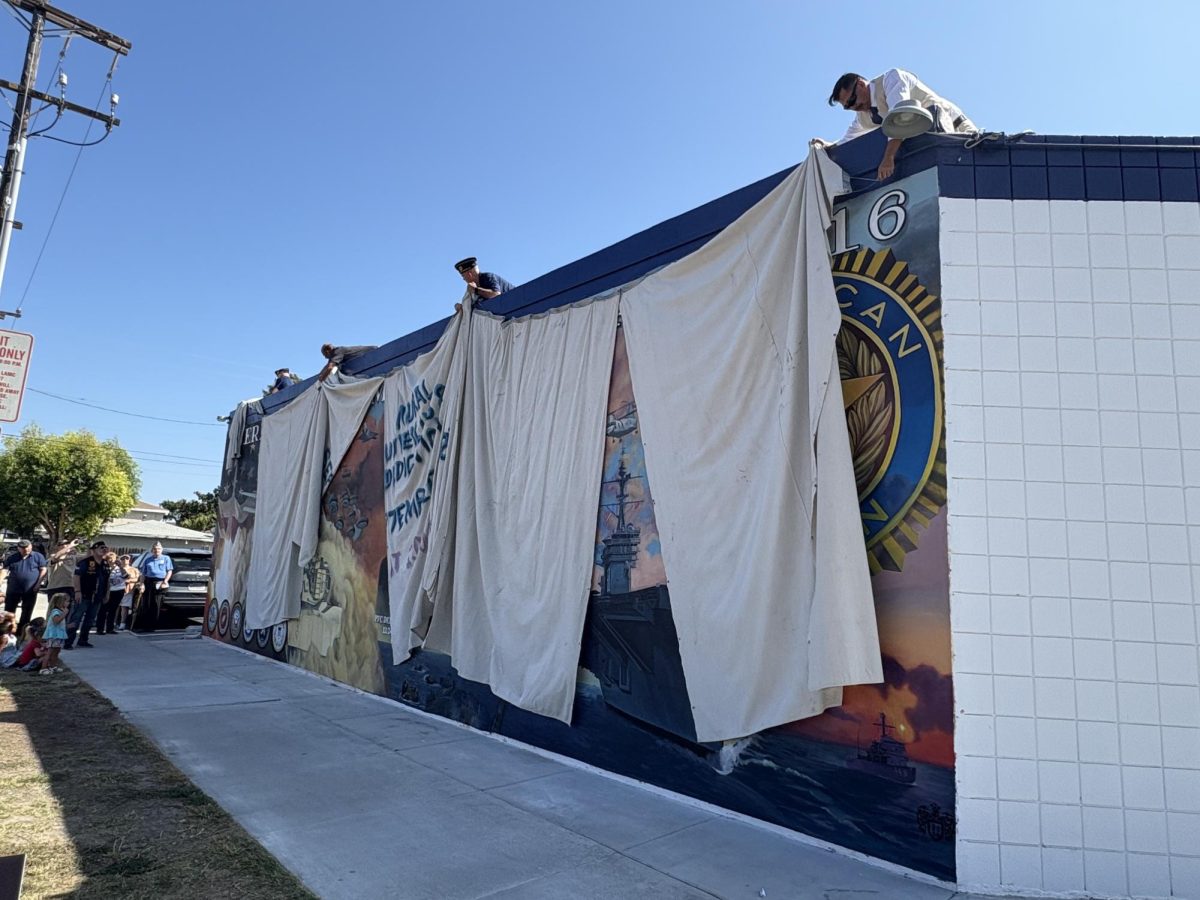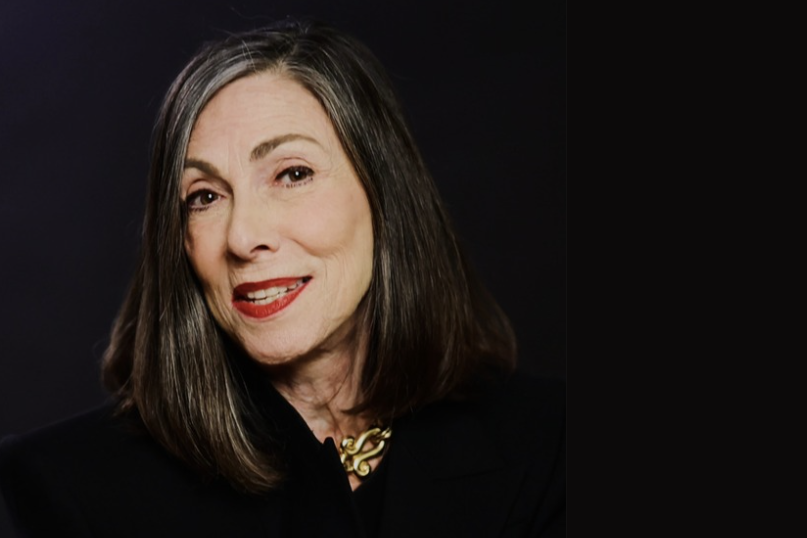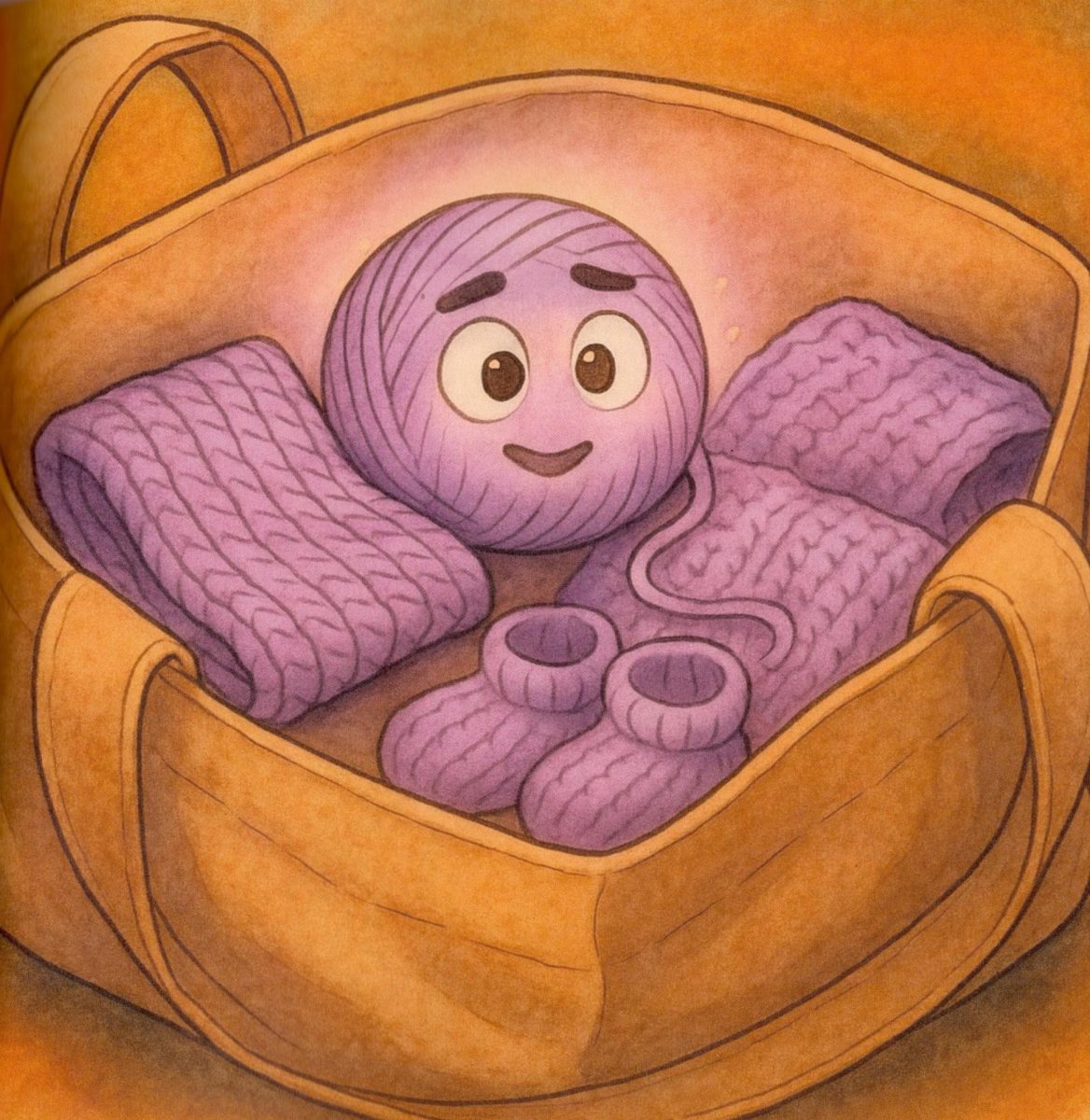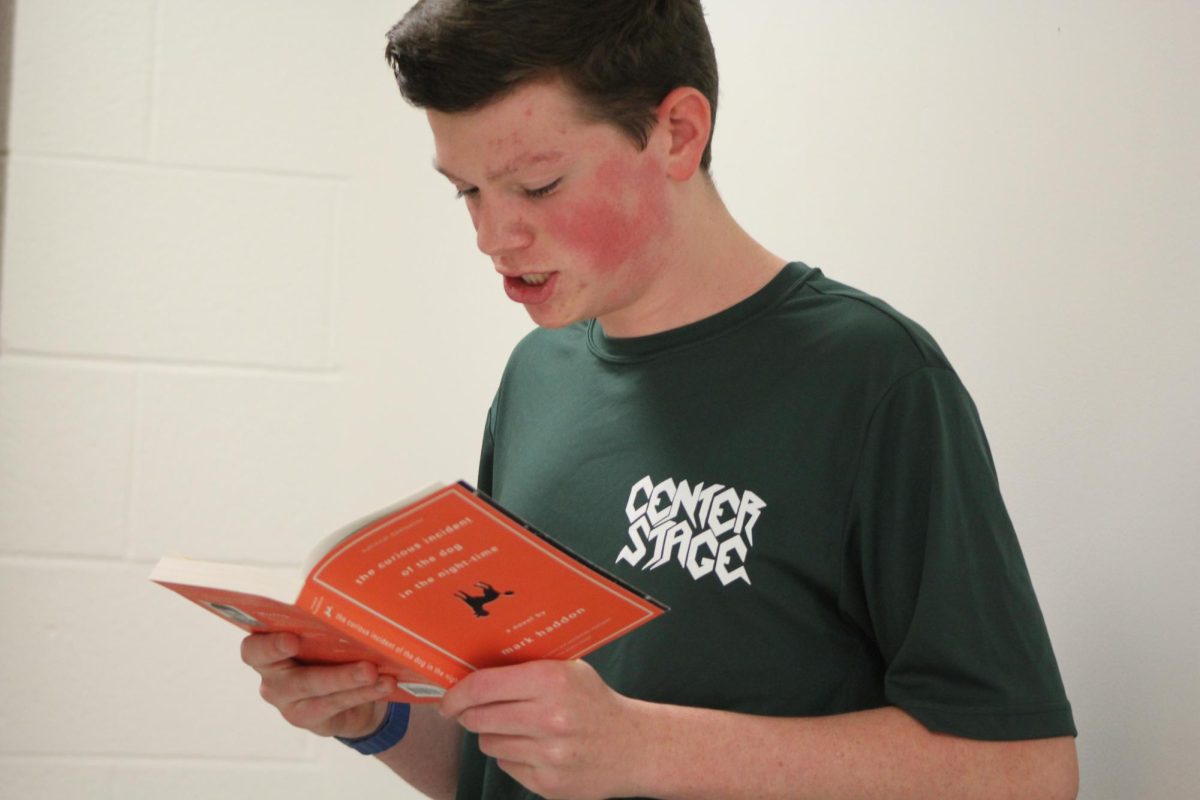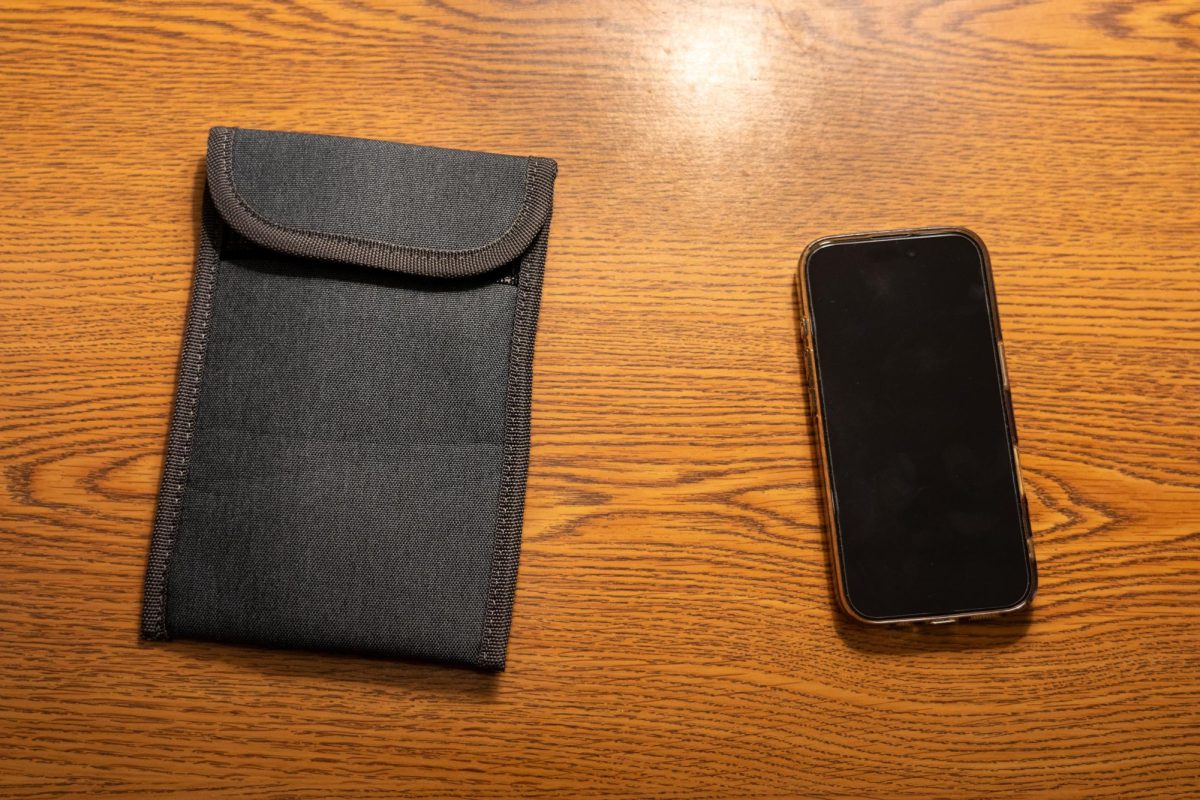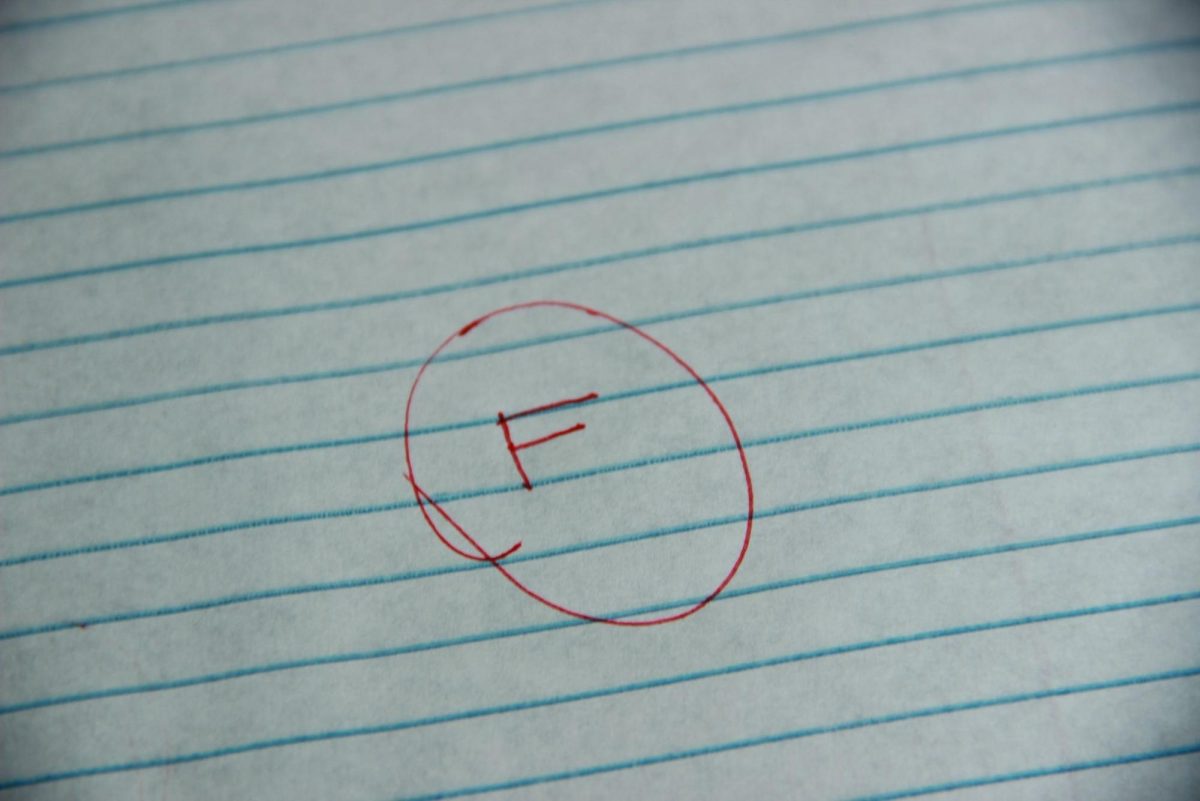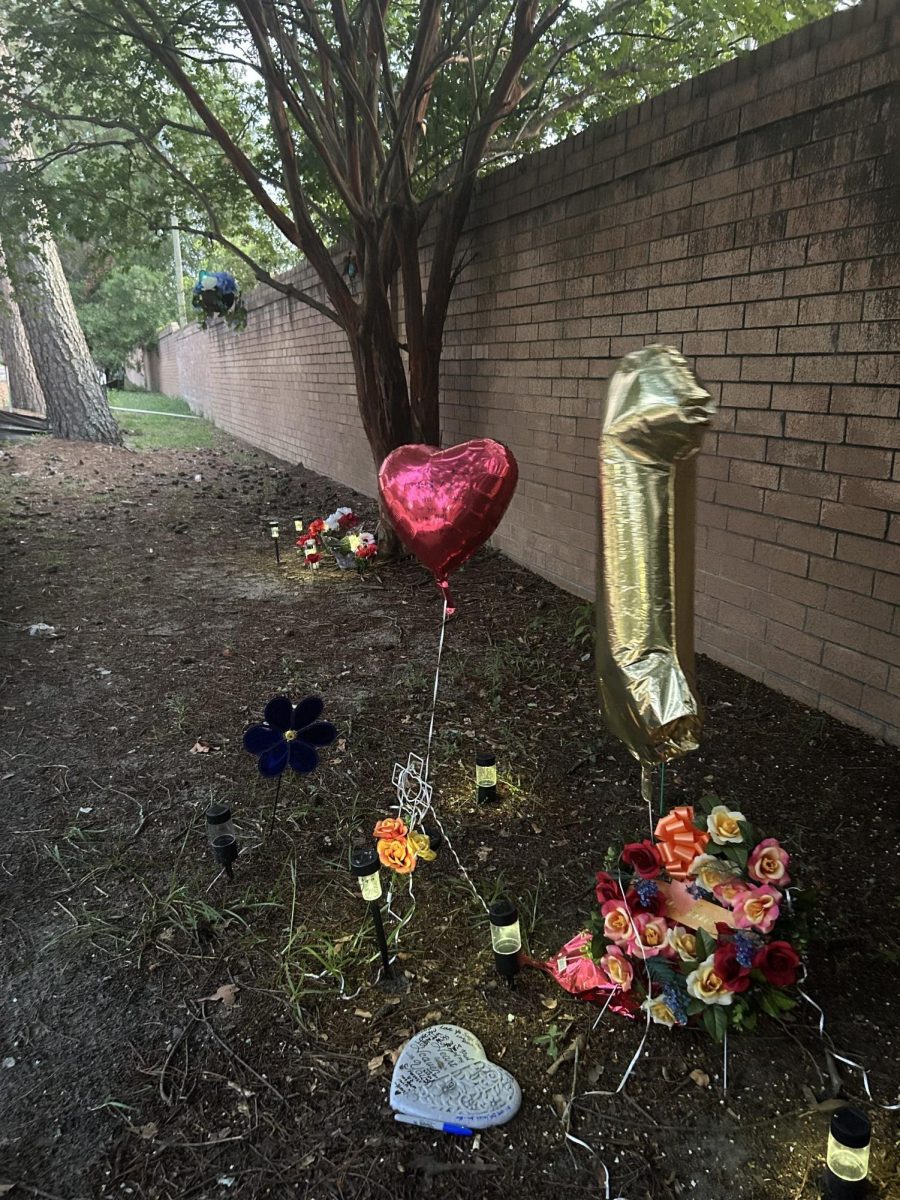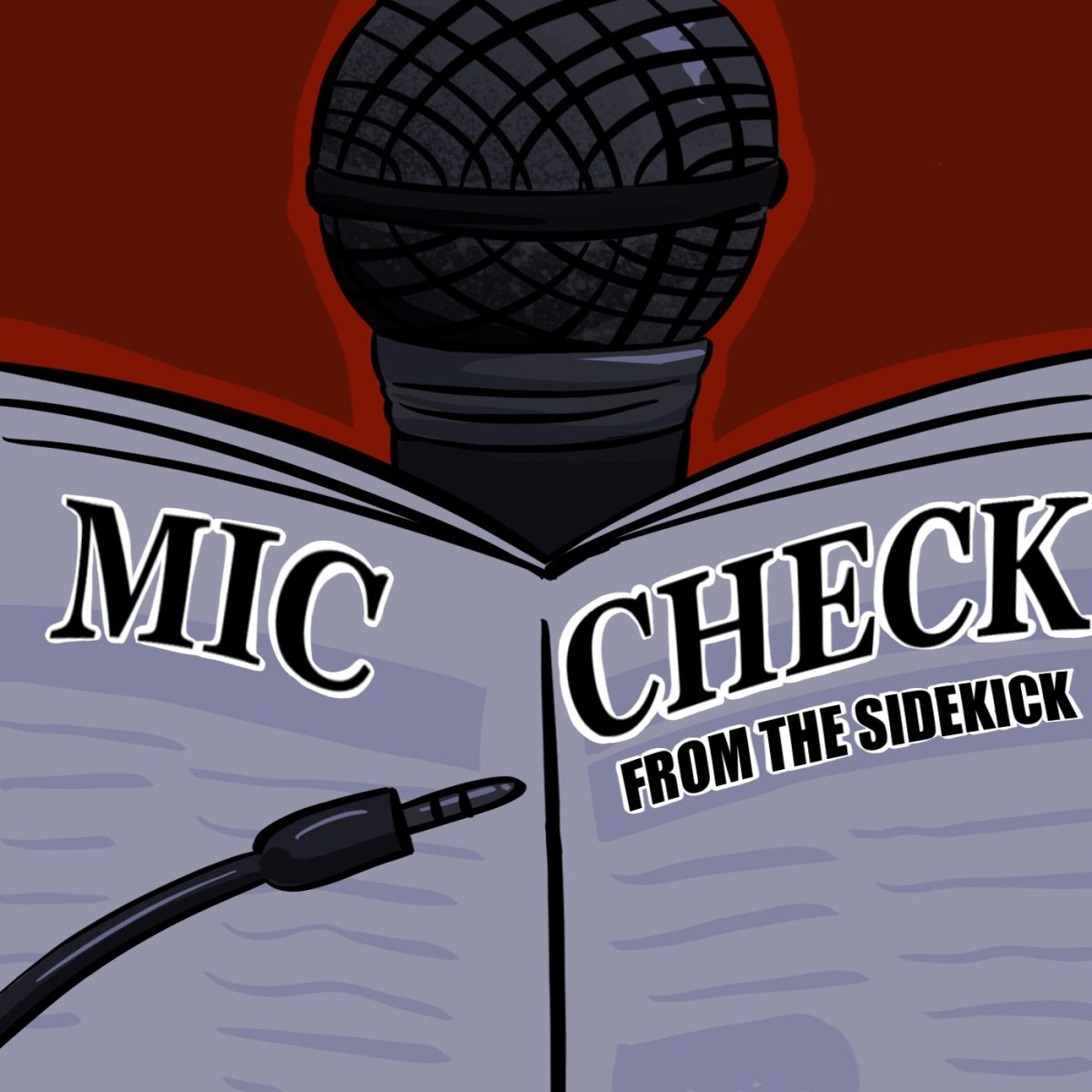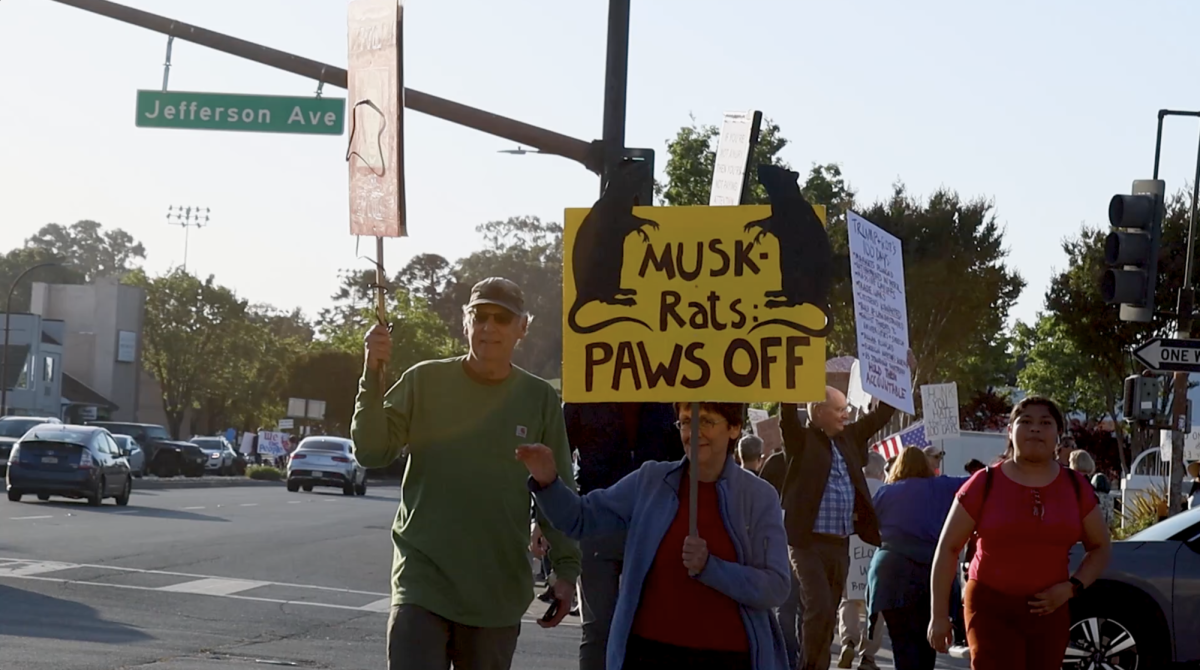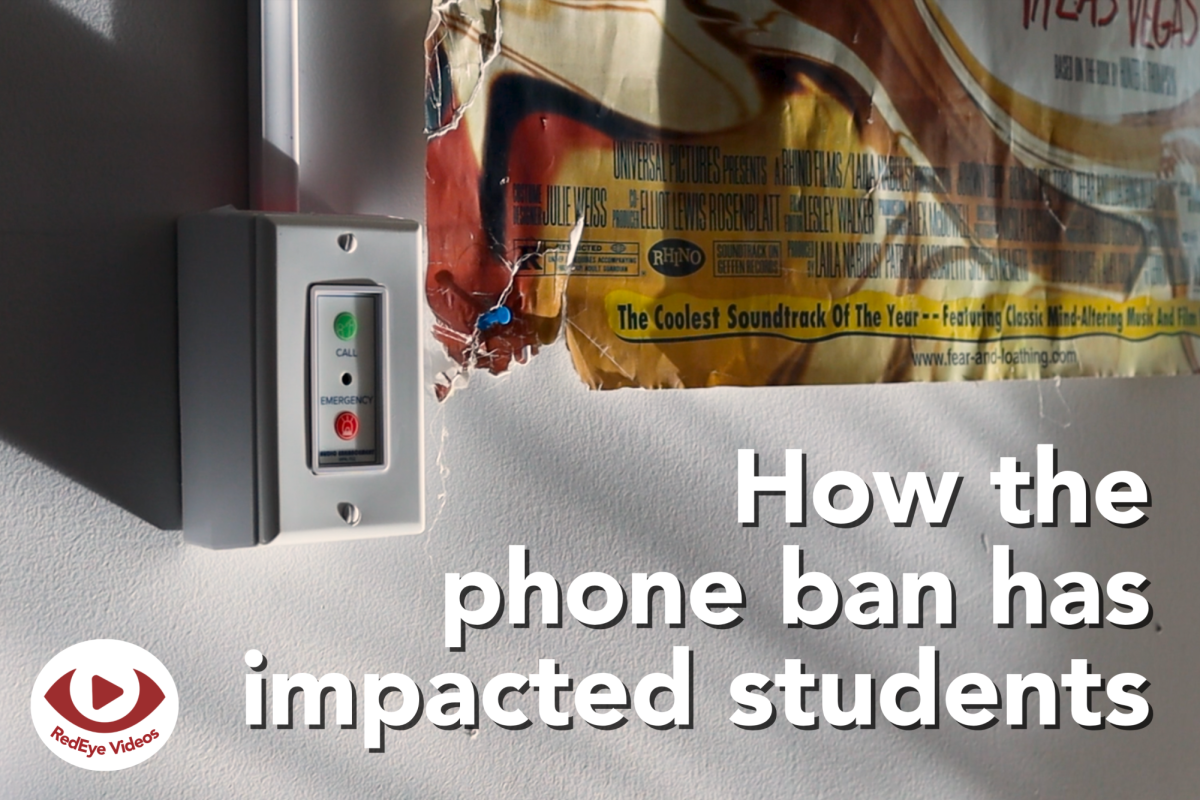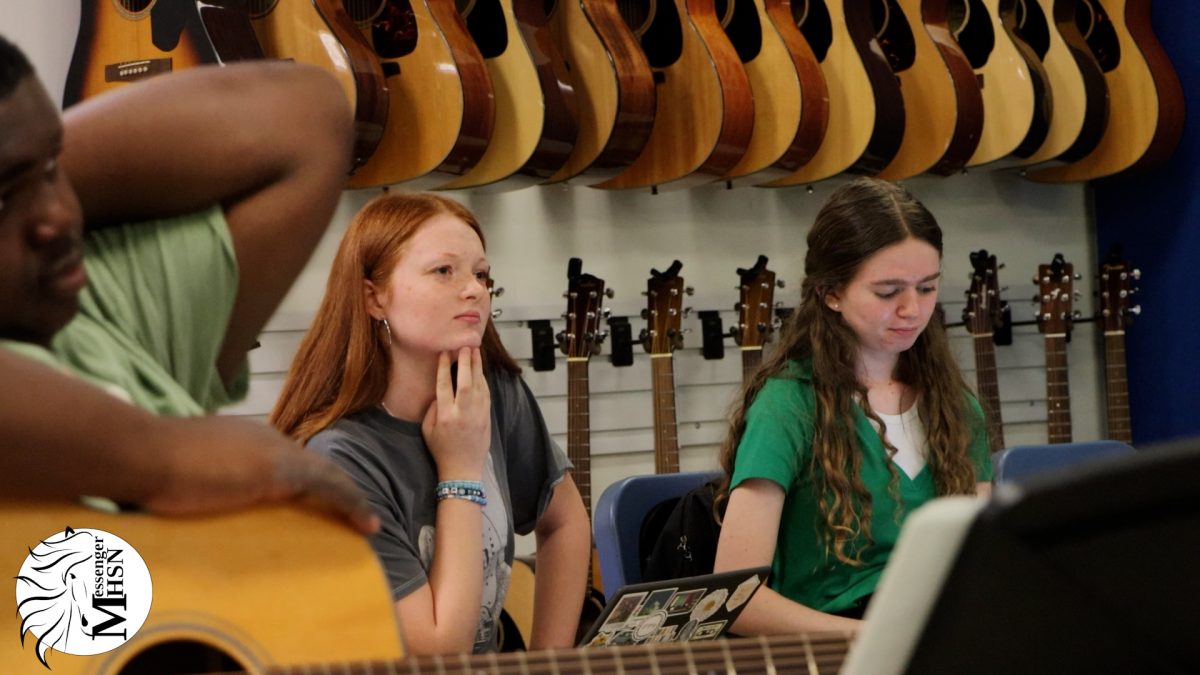*For the purpose of maintaining their privacy, an educator mentioned in this story will be referred to as Source A.
“Oh, crap.”
Literature teacher Jessica Kaufman recalled the moment she heard about the Supreme Court’s ruling in Mahmoud v. Taylor. Kaufman knew the decision, which allows parents to opt their children out of lessons with LGBTQ+ material if it presents an objection to their religious teachings, could have a drastic impact on what she teaches, since some of her curriculum involves examining texts through critical lenses, including queer theory.
“There are just so many unknowns,” Kaufman said. “How’s the district going to handle it? How’s the school going to handle it? How is that going to affect me as a teacher? I myself am part of the LGBTQ+ community, and so for me, the anxiety doesn’t just come from parents opting out, but also as part of my identity. Will I have to censor my identity now? Will I have to censor my values, beliefs and who I am?”
Kaufman believes the fundamental job of all high school teachers is to teach students to think critically and make their own decisions. Human rights groups worry that the Mahmoud v. Taylor ruling will encourage censorship in schools, and Kaufman feels that censoring material would not teach students to question the material presented to them, but rather simply absorb the censored perspectives they are taught.
Literature teacher Mark Carpenter brings up another concern regarding the emotional health of students. They mention that they have had transphobic students in their classroom in the past, and fear that this ruling will “empower bigotry,” which can lead to an insensitive and unsafe classroom environment.
“Topics are open to discussion until you come to a point where you’re dehumanizing people,” Carpenter said. “A person’s humanity, a person’s right to exist, is not something up for debate and not something I’m willing to entertain in my classroom. But I’ve very rarely had students who wanted to cross that line intentionally.”
Source A, an openly queer teacher at FUHSD, works to create a welcoming environment for all their students. They acknowledge that there are many misconceptions about the LGBTQ community, contributing to the rise in anti-LGBTQ sentiment among young people.
“Supporting the LGBTQ community is not intended to turn straight kids gay,” Source A said. “It’s intended to keep gay kids alive. I have had some very, very sad experiences with some of my former students who are queer, where they did not make it. And I want to make sure that we are being proactive, especially as queer teachers, in being a model of success and happiness as an adult to let students know that you can have a happy and successful life as a queer person.”
Source A points out that left-handedness was once thought to be a sign of the devil and would be beaten out of children, but after people recognized that it wasn’t, the prevalence of left-handedness rose to roughly 10%. Source A believes the same pattern may occur as queerness becomes more societally acceptable. Similarly, surveys show that since 2020, the percentage of U.S adults identifying as queer has increased by about 9%, suggesting that a feeling of greater acceptance allows more people to openly identify with their sexuality or gender. Carpenter says they prioritize that feeling of belonging in their classroom.
“I grew up questioning my gender identity and sexuality in a house where that was definitely not acceptable,” Carpenter said. “And it was hard. One of my main aims as an educator is for everybody to feel comfortable, to have a place where they can be who they are. Part of what I hope is that students who grow up in this environment go out into colleges and meet people who came from vastly different environments and help them.”
Kaufman believes working with a student who opts out of the curriculum just because it contains LGBTQ+ content could be challenging, given her personal beliefs and especially if there are LGBTQ+ students in her class. However, she says she will do her best to ensure every student is treated with respect.
“I think the way you create change is by listening,” Kaufman said. “Even when things are contradictory or hard, sharing perspectives and making people feel seen and heard, no matter what, is how you promote change. I would listen and foster that same kind of trust that I would with other kids, and then have a conversation with the rest of the class transparently. As difficult as that would be for me, I would try to create an environment that does not discriminate against the kids opting out and vice versa.”
Source A is concerned about how the ruling impacts LGBTQ+ students, especially those outside FUHSD with less access to community support. They believe the best way to support all their students is to continue being true to their own identity. Source A hopes to become a role model for their students, regardless of their identity or sexuality, to live their lives authentically, regardless of the ruling.
“I’m disappointed but also hopeful,” Source A said. “I think of the [Theodore Parker quote made famous by] Martin Luther King Jr., ‘The arc of the moral universe is long, but it bends towards justice.’ I believe that this is a short-term kind of pushback to hopefully a long-term push for equity.”
This story was originally published on El Estoque on September 27, 2025.



